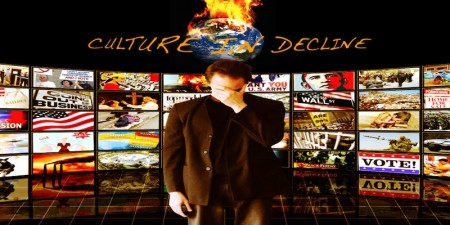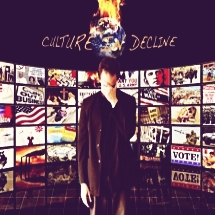 We all naturally assume that we are being well reasoned in our decision making, right? In fact, it can be argued that to some degree, such associative causal logic is inherently inescapable, effectively wired into our brains with respect to how we interpret and link our experiences. Yet, it’s that very issue of degree that appears to be where the problems arise. As all too often, the foundational premises upon which we frame our conclusions are indeed utterly faulty, or without proper evidence to be considered factual, to begin with.
We all naturally assume that we are being well reasoned in our decision making, right? In fact, it can be argued that to some degree, such associative causal logic is inherently inescapable, effectively wired into our brains with respect to how we interpret and link our experiences. Yet, it’s that very issue of degree that appears to be where the problems arise. As all too often, the foundational premises upon which we frame our conclusions are indeed utterly faulty, or without proper evidence to be considered factual, to begin with.
Needless to say, being logic within a cognitive framework of the illogical only takes you so far. And today, if you dig deep into the origins and basis of perpetuation of our most cherished institutions from religion to politics to economics, to the social order itself, you might discover something called “faith” rather than reason.
And faith, by definition, is not a premise of logic. Faith is belief without evidence and hence contradictory to the entire process of understanding itself. In 1961, the engineer R. Buckminster Fuller created a simulation called “The World Game”. The idea was to “make the world work for 100% of humanity, in the shortest possible time through spontaneous cooperation, without ecological damage or disadvantage to anyone.”
It’s a pretty simple and rational thought exercise, a logic puzzle, if you will, on the most grand scale, which, even in basic gesture, actually stands and start contrast with the organizational frame of reference our established society currently operates within.









